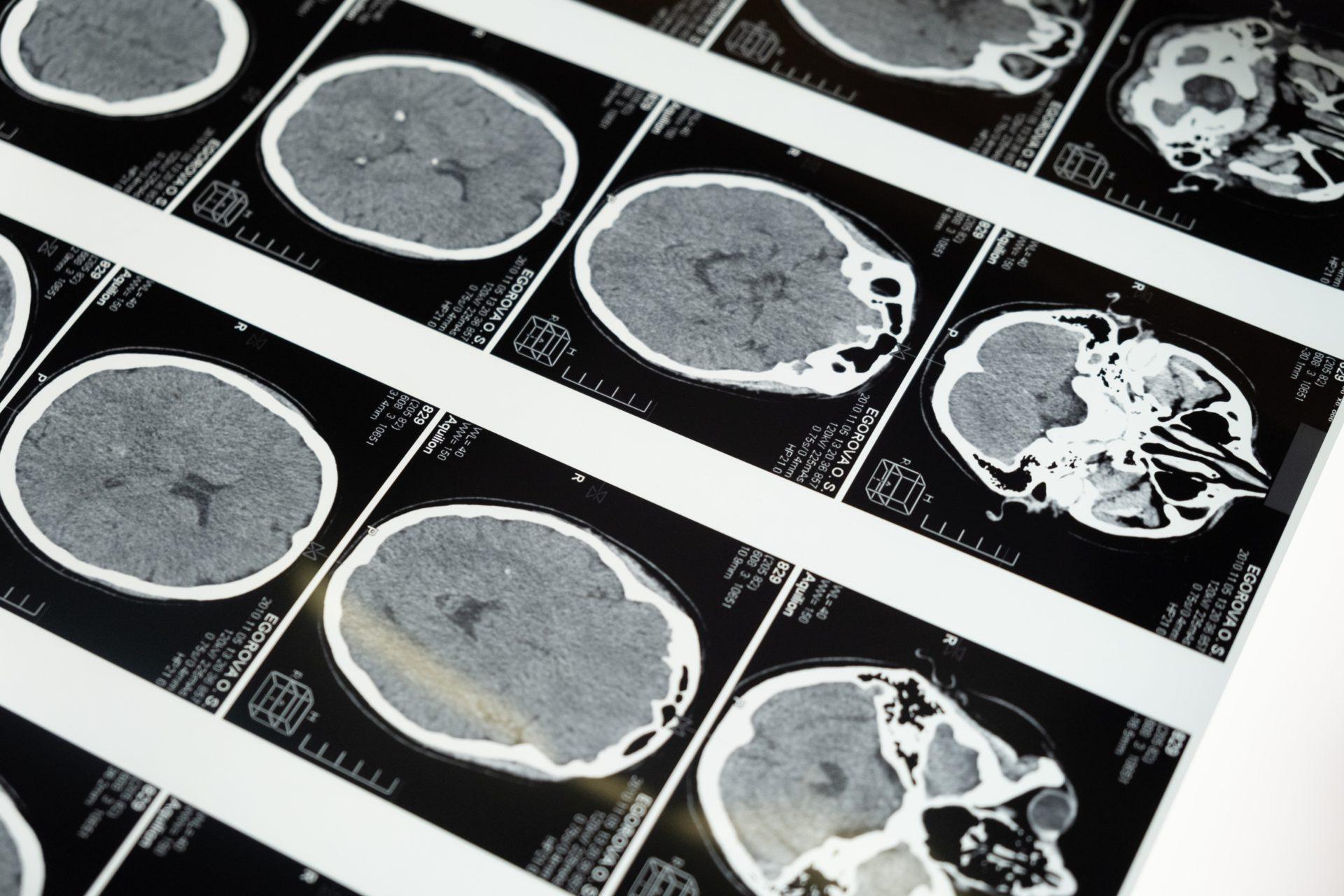Cognitive Health Through Food?
Welcome to a journey into the world of brain-boosting foods. This blog post will guide you through the remarkable benefits of certain foods that can enhance your cognitive health. Your brain, an organ of unparalleled complexity, thrives on proper nourishment. By integrating these specific foods into your diet, you can significantly influence your cognitive function, memory, and mental clarity.
Often, we emphasize a balanced diet for overall health, but the foods that specifically benefit our brain health are not given enough attention. You might be surprised to learn that many of these brain-enhancing foods are already in your kitchen, waiting to be harnessed for their full potential. By adding these foods to your diet, you can support brain neurotransmitters, improve cognitive performance, and promote brain blood flow, contributing to a higher quality of life as you age.
In this blog post, we will unveil seven surprising foods scientifically proven to boost brain power. From antioxidant-rich berries to omega-3-packed fatty fish, each food offers unique benefits for your cognitive health. We will delve into the nutritional profiles of these foods, their potential mechanisms of action, and practical tips on how to include them in your meals.
So, prepare to fuel your brain and unlock its full potential. By incorporating these brain-boosting foods into your diet, you can take proactive steps towards maintaining cognitive sharpness, improving focus, and enjoying a higher quality of life. Let’s embark on this exciting journey to discover the powerful connection between food and brain health.
Blueberries – A Key For Cognitive Health
Bursting with flavor and packed with nutrients, blueberries are often hailed as a superfood for brain health. These delightful berries are rich in antioxidants, particularly flavonoids called anthocyanins, which give them their deep blue color. Anthocyanins have been shown to have powerful anti-inflammatory and antioxidant effects in the body.
Research has found that the consumption of blueberries can improve memory and cognitive function. In a study published in the Annals of Neurology, researchers found that older adults who regularly consumed blueberries experienced slower cognitive decline compared to those who did not.
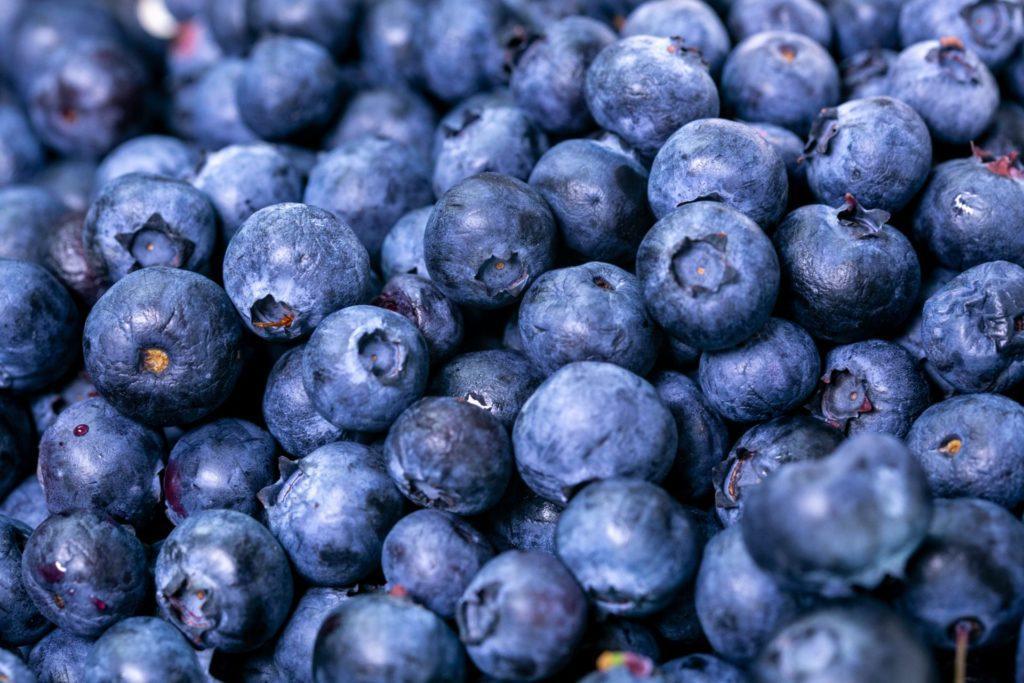
The antioxidants in blueberries work to combat oxidative stress and inflammation, two factors that contribute to age-related cognitive decline and neurodegenerative diseases such as Alzheimer’s. These antioxidants help protect brain cells from damage caused by free radicals, unstable molecules that can harm cells and impair brain function.
What makes blueberries even more remarkable is their ability to enhance brain plasticity. Brain plasticity refers to the brain’s capacity to adapt and form new connections between neurons. Studies have shown that the consumption of blueberries can promote the growth of new neurons and improve neural communication, leading to enhanced learning and memory.
Incorporating blueberries into your diet is easy and delicious. Enjoy them as a standalone snack, add them to your breakfast cereal or yogurt, or blend them into smoothies for a refreshing and brain-boosting treat.
Remember, while blueberries offer numerous cognitive benefits, they are most effective when consumed as part of a well-rounded diet that includes a variety of other fruits, vegetables, whole grains, lean proteins, and healthy fats.
Fatty Fish – Improve Mental Clarity
When it comes to nourishing your brain, fatty fish takes center stage. Packed with omega-3 fatty acids, these fish varieties provide essential nutrients that support optimal brain function and promote longevity.
Omega-3 fatty acids, particularly EPA (eicosapentaenoic acid) and DHA (docosahexaenoic acid), are crucial for brain health. They play a vital role in the structure and function of brain cells, contributing to the development and maintenance of healthy brain tissue. These fatty acids are known to have anti-inflammatory properties, reduce oxidative stress, and support the integrity of neuronal membranes.
Research has shown that regular consumption of fatty fish is associated with a lower risk of cognitive decline, improved memory, and a reduced likelihood of developing neurodegenerative disorders like Alzheimer’s disease. In fact, studies have found that individuals who regularly eat fatty fish tend to have larger brain volumes and better cognitive performance.

Salmon, mackerel, sardines, trout, and herring are all excellent sources of omega-3 fatty acids. These cold-water fish species are particularly rich in DHA, the most abundant omega-3 fatty acid in the brain. Including these fish in your diet at least twice a week can provide you with a significant dose of brain-boosting nutrients.
The benefits of omega-3 fatty acids extend beyond brain health. They also support heart health, reduce inflammation throughout the body, and promote healthy aging. So, by incorporating fatty fish into your meals, you’re not only nourishing your brain but also supporting your overall well-being.
To enjoy the brain-boosting benefits of fatty fish, try grilled salmon with a side of steamed vegetables, sardines on whole-grain toast, or a flavorful mackerel salad. Experiment with different recipes and cooking methods to find your favorite way to incorporate these omega-3 powerhouses into your diet.
Turmeric – One of Best Anti-Inflammatory Foods
Known for its vibrant yellow color and distinct flavor, turmeric has gained recognition for its potential cognitive benefits. This ancient spice, commonly used in curry dishes, contains a powerful compound called curcumin, which gives turmeric its therapeutic properties.
Curcumin has been studied extensively for its antioxidant and anti-inflammatory properties. These properties are particularly relevant to brain health, as chronic inflammation and oxidative stress have been linked to neurodegenerative diseases and cognitive decline.
Research suggests that curcumin may have the potential to cross the blood-brain barrier, allowing it to directly interact with brain cells and provide protective effects. It has been found to exhibit neuroprotective properties, promoting the production of brain-derived neurotrophic factor (BDNF), a protein that supports the growth and survival of brain cells.
Studies have shown that curcumin supplementation or increased dietary intake of turmeric is associated with improved memory and attention, enhanced mood, and reduced risk of age-related cognitive decline.
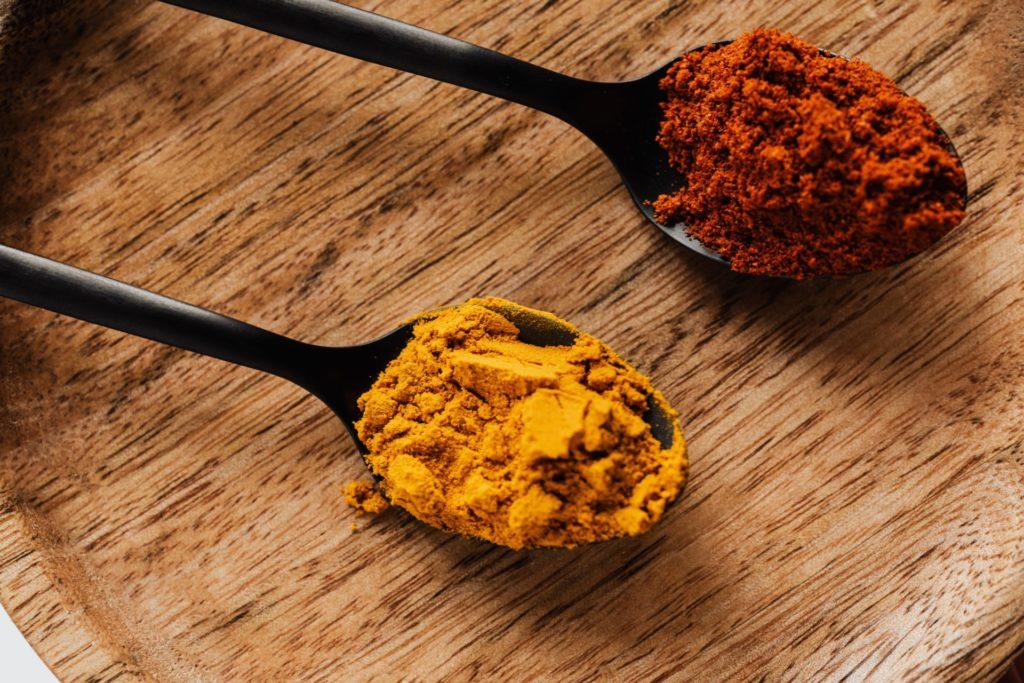
Incorporating turmeric into your meals is a wonderful way to harness its brain-boosting potential. Sprinkle it into your curries, stir it into soups or stews, or add a pinch to roasted vegetables for a flavorful and nutritious twist. Keep in mind that curcumin’s absorption in the body can be enhanced when consumed with black pepper, so consider combining turmeric with a small amount of black pepper for maximum benefits.
Turmeric is not only a brain-boosting spice but also a versatile ingredient that can add depth and flavor to a wide variety of dishes. By incorporating turmeric into your culinary repertoire, you can enhance your brain health while savoring delicious meals.
Dark Chocolate – One of the Best Foods for Memory
Yes, you read that right – dark chocolate can be a delightful treat for your brain. This decadent indulgence is not only rich in flavor but also contains compounds that can positively impact cognitive function.
Dark chocolate is particularly beneficial due to its high cocoa content. Cocoa is a rich source of flavonoids, including a specific type called flavanols. Flavanols have been shown to have antioxidant and anti-inflammatory effects, which can protect brain cells from damage caused by free radicals and promote overall brain health.
The flavanols in dark chocolate have been associated with improved cognitive performance and increased blood flow to the brain. Studies have shown that regular consumption of dark chocolate can enhance attention, memory, and processing speed. It’s important to note that these benefits are primarily associated with dark chocolate with a high percentage of cocoa (70% or higher) rather than milk chocolate or white chocolate, which contain lower amounts of cocoa and higher amounts of sugar and fats.
Additionally, dark chocolate contains small amounts of caffeine and other stimulants that can provide a mild boost in alertness and focus. However, it’s essential to consume dark chocolate in moderation, as it is still relatively high in calories and fat.
When choosing dark chocolate, opt for quality brands with a higher percentage of cocoa. Enjoy a small piece of dark chocolate as an occasional treat or incorporate it into recipes that call for chocolate, such as homemade energy balls or smoothies, to reap its brain-boosting benefits.
Leafy Greens – One of the Best Foods for Brain Cell Growth
It turns out that Popeye was onto something when he emphasized the importance of spinach for strength. Leafy green vegetables, such as spinach, kale, collard greens, and Swiss chard, are not only excellent for overall health but also for brain function.
These greens are packed with essential nutrients, including vitamins A, C, and K, as well as folate and fiber. They also contain a variety of antioxidants and phytochemicals that contribute to their brain-boosting properties.
One standout nutrient found in leafy greens is folate, which plays a crucial role in brain health and development. Folate is involved in the production of neurotransmitters, which are chemicals that transmit signals between brain cells. It also helps reduce levels of homocysteine, an amino acid that, when elevated, is associated with an increased risk of cognitive impairment and neurodegenerative diseases.
Studies have shown that a higher intake of leafy green vegetables is linked to a slower rate of cognitive decline and improved cognitive function. The abundance of antioxidants found in these greens helps combat oxidative stress and inflammation, both of which can contribute to cognitive decline.
Incorporating leafy greens into your meals is relatively easy and incredibly beneficial. You can add a handful of spinach or kale to your morning smoothie, toss them into salads, or sauté them with garlic and olive oil as a delicious side dish. The versatility of leafy greens allows you to experiment and find creative ways to include them in your diet.
By incorporating leafy green vegetables into your meals, you can nourish your brain with essential nutrients and reap the cognitive benefits they offer. So, make sure to include these powerhouse greens in your next grocery shopping trip and elevate your brain health through the power of plants.
Nuts and Seeds – One of the Best Foods For Neuroprotection
When it comes to supporting brain health, nuts and seeds are tiny powerhouses that pack a nutritional punch. These crunchy and delicious snacks are rich in various nutrients that promote cognitive function and overall well-being.
Nuts like almonds, walnuts, and pistachios are excellent sources of healthy fats, including omega-3 fatty acids. Omega-3 fatty acids play a vital role in maintaining the structural integrity of brain cells and supporting optimal brain function. They have been associated with improved memory, cognitive performance, and a reduced risk of age-related cognitive decline.
Seeds such as flaxseeds, chia seeds, and pumpkin seeds are also nutritional powerhouses for brain health. They are rich in essential fatty acids, including omega-3s, as well as antioxidants, fiber, and various vitamins and minerals. These nutrients work together to support brain function and protect against oxidative stress and inflammation.
Additionally, nuts and seeds provide a good dose of vitamin E, an antioxidant that helps protect brain cells from damage caused by free radicals. Vitamin E has been associated with a lower risk of Alzheimer’s disease and cognitive decline.
Incorporating nuts and seeds into your diet is simple and versatile. Enjoy a handful of mixed nuts as a snack, sprinkle them over salads or yogurt, or use them as a crunchy topping for roasted vegetables. Add seeds to smoothies, oatmeal, or baked goods for an extra boost of brain-boosting nutrients.
It’s important to keep portion sizes in mind when consuming nuts and seeds, as they are calorie-dense. However, their nutritional benefits make them a valuable addition to a well-balanced diet.
Beetroot – Love it or Hate It
This colorful root vegetable has gained popularity not only for its earthy flavor but also for its potential cognitive benefits. Beetroot is rich in nitrates, which have been shown to enhance blood flow and oxygen delivery to the brain.
Improved blood flow to the brain is crucial for optimal cognitive function as it ensures an adequate supply of oxygen and nutrients. Research suggests that the nitrates in beetroot can expand blood vessels, leading to improved circulation and increased blood flow to the brain’s frontal lobes, which are associated with cognitive tasks such as attention, memory, and problem-solving.
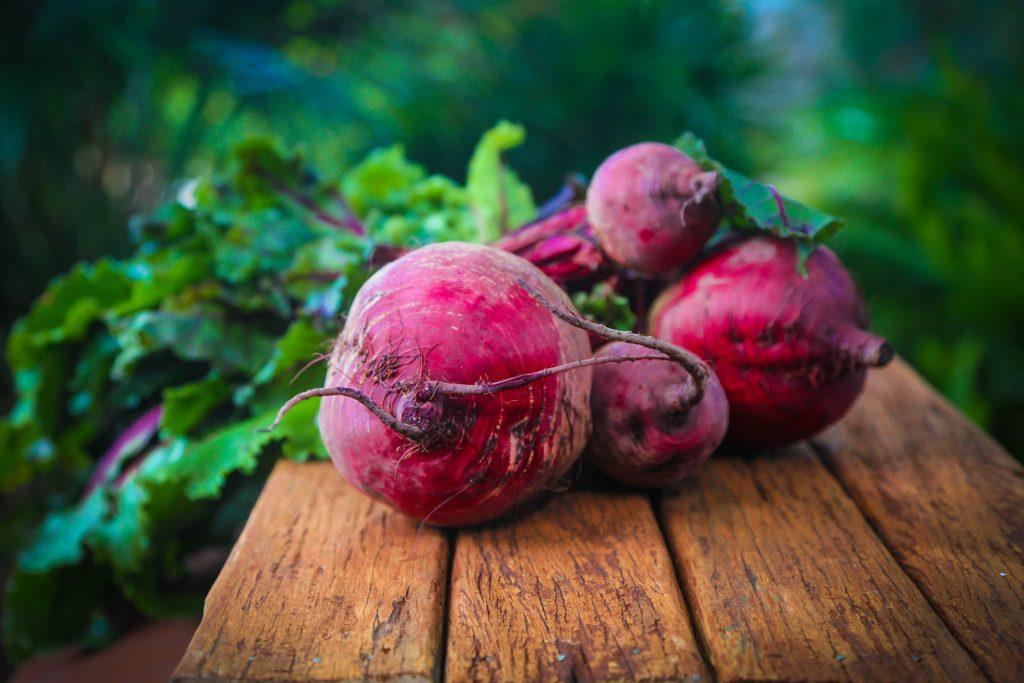
In addition to promoting blood flow, beetroot is also packed with antioxidants, particularly betalains, which give the vegetable its vibrant red color. These antioxidants help protect brain cells from oxidative stress and inflammation, preserving their health and promoting optimal cognitive function.
Several studies have explored the potential cognitive benefits of beetroot and have found promising results. For example, a study published in Nitric Oxide: Biology and Chemistry found that drinking beetroot juice was associated with improved cognitive function and increased blood flow to the brain in older adults.
Incorporating beetroot into your diet can be done in various ways. You can enjoy it roasted as a side dish, grated raw in salads, or blended into smoothies. Additionally, beetroot can be used to add a natural touch of color and sweetness to baked goods like muffins or pancakes.
By including beetroot in your culinary repertoire, you can harness its brain-boosting properties and support cognitive function as you age.
Brain-Boosting Foods for Cognitive Health
In conclusion, we have delved into the fascinating world of brain-boosting foods and discovered a variety of surprising ingredients that can enhance our cognitive function and support healthy aging. From the antioxidant-rich blueberries and the omega-3-packed fatty fish to the inflammation-fighting turmeric and the nutrient-dense leafy greens, each food offers unique benefits for our brain health.
By incorporating these brain-boosting foods into our diets, we can nourish our brains with essential nutrients, protect against oxidative stress and inflammation, promote healthy blood flow, and support optimal cognitive function. These foods not only provide immediate benefits but also contribute to our long-term brain health and help reduce the risk of age-related cognitive decline and neurodegenerative diseases.
Remember, healthy aging is a holistic journey that encompasses various aspects of our lives, including nutrition, exercise, sleep, stress management, and social engagement. By adopting a well-rounded approach and focusing on incorporating brain-boosting foods into our daily meals, we can pave the way for a fulfilling and vibrant life.
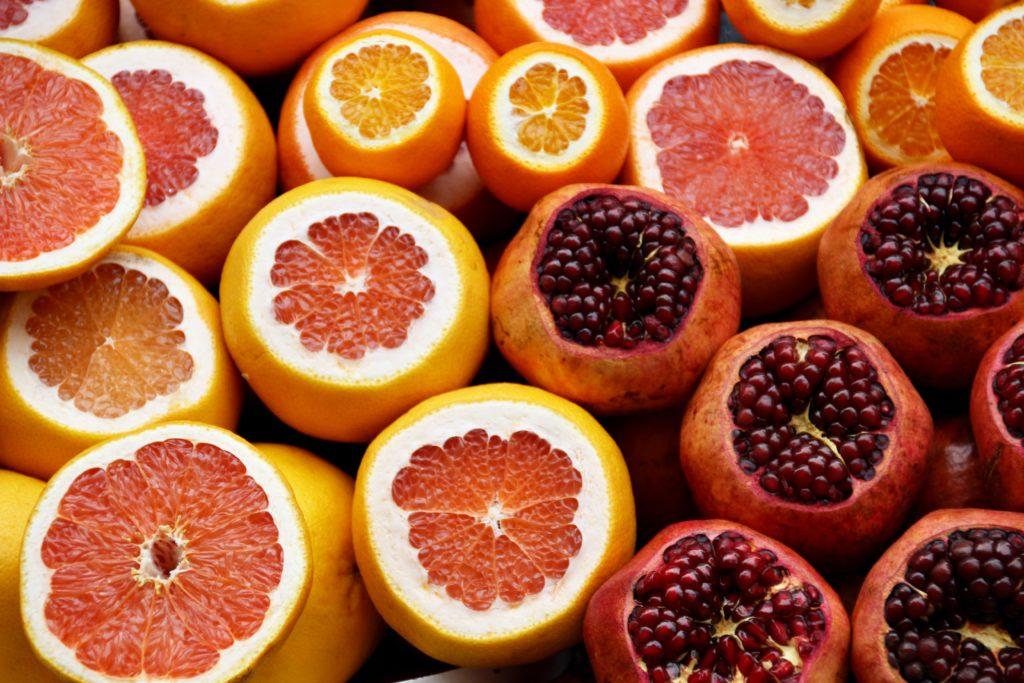
So, let’s embrace the power of these foods, experiment with recipes, and savor the flavors of a brain-healthy diet. By nourishing our bodies and minds, we can unlock the secrets to healthy aging and embark on a journey of holistic well-being and an enriching life experience.
Join us on this adventure of healthy aging at Healthy Aging, where you can find valuable tips, expert advice, and a supportive community that shares the goal of promoting longevity, enhancing senior health, and embracing the journey of aging gracefully. Together, let’s unlock the potential of a brain-boosting diet and create a future filled with vitality, clarity, and joy.
Read more about ways to get healthy aging now: Increasing Lifespan: Simple Actions for Longevity and Well-Being



